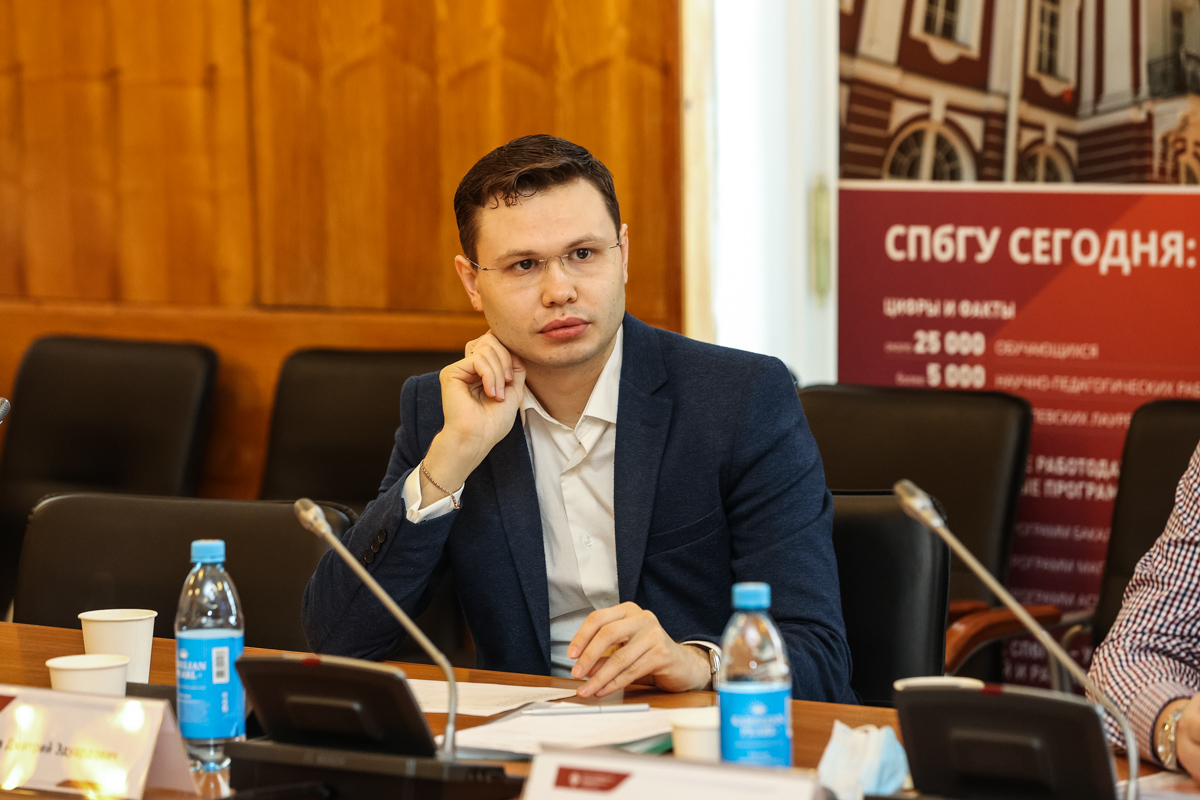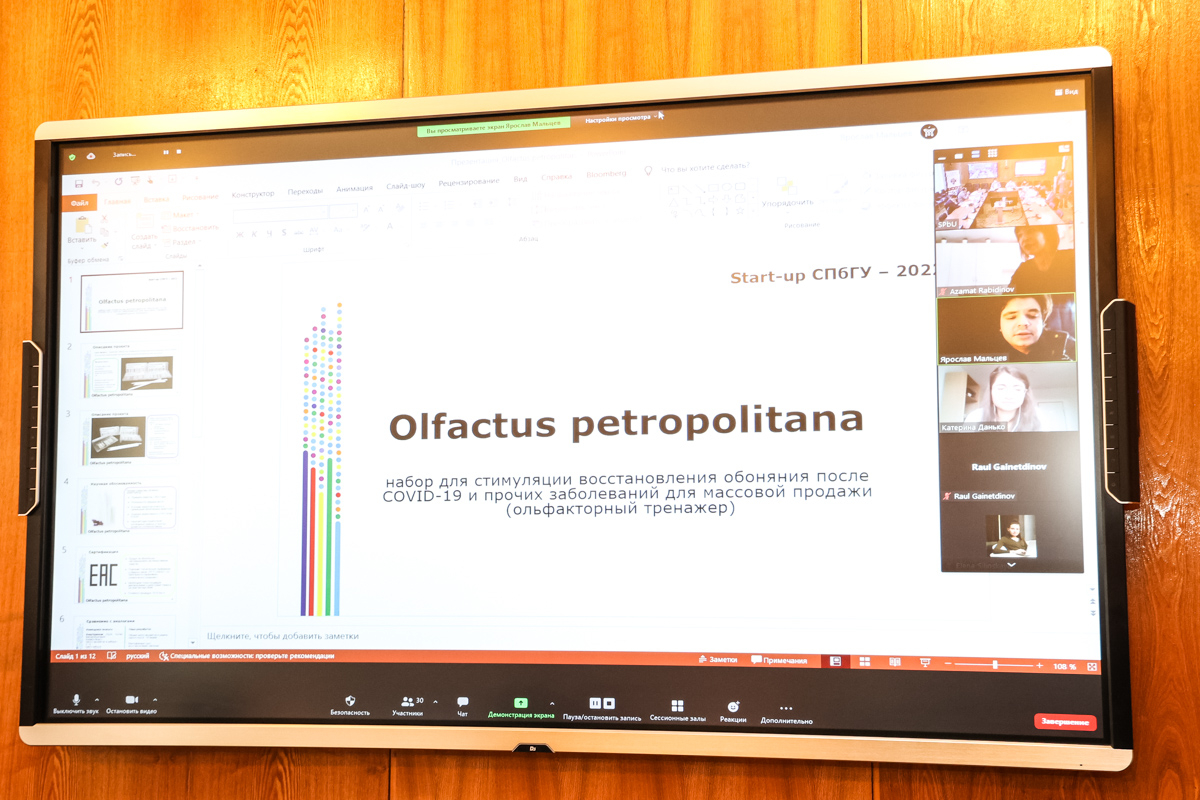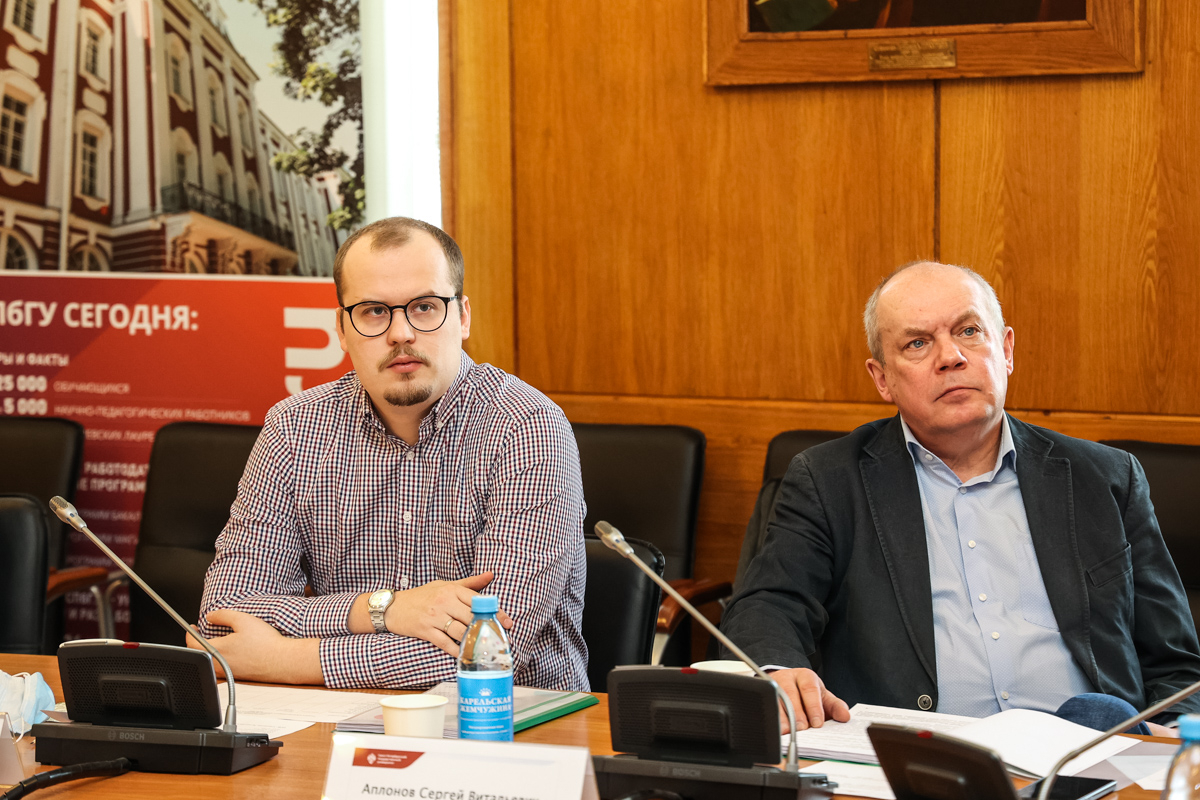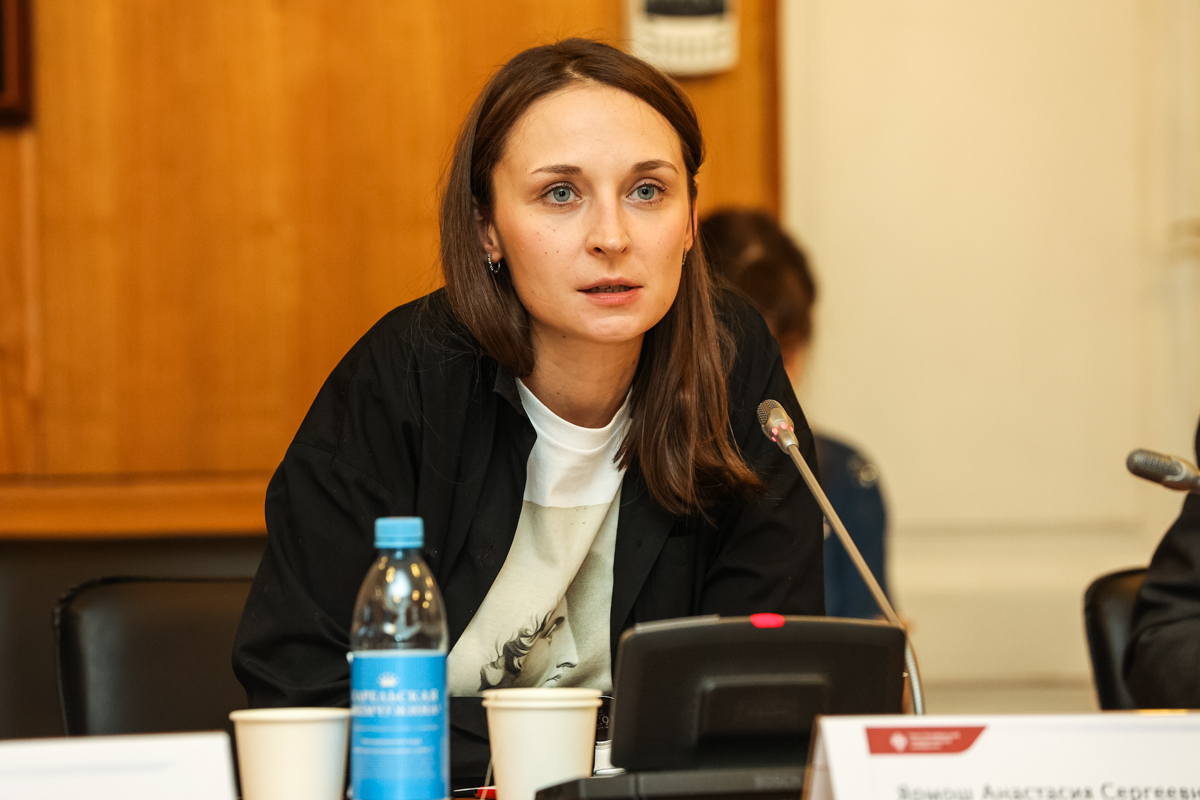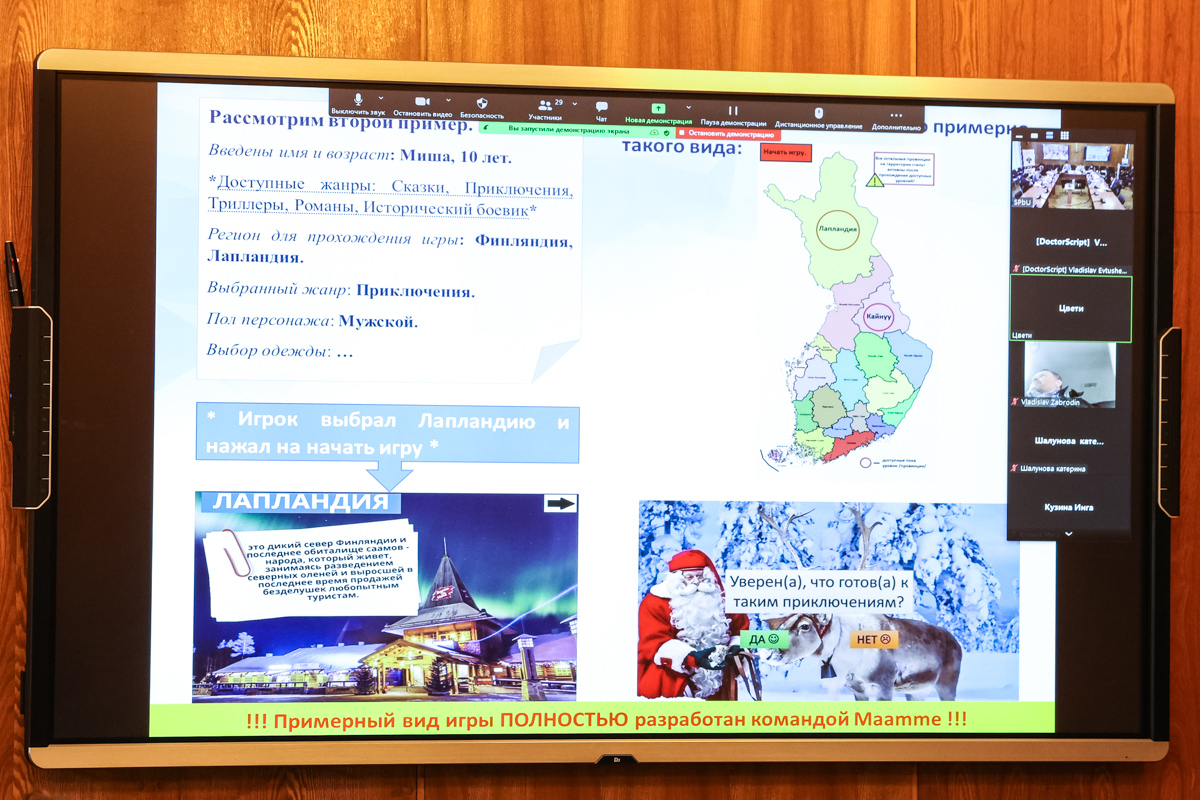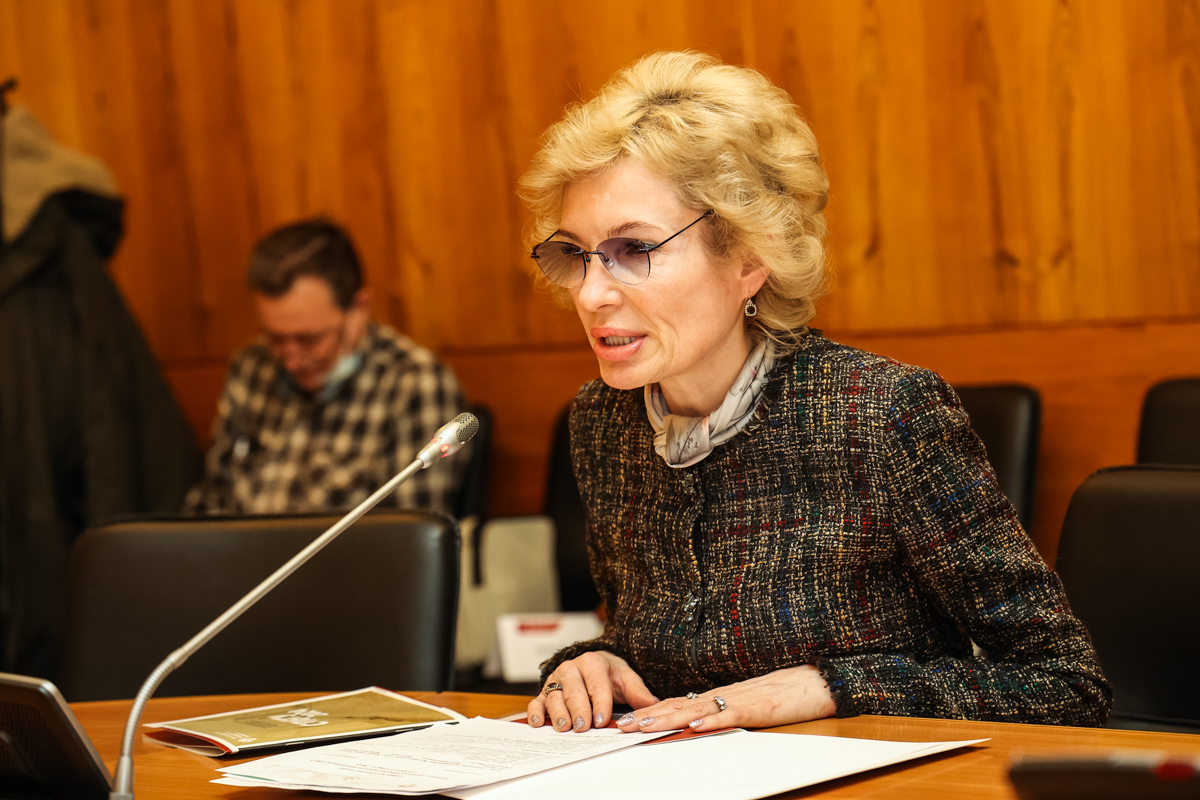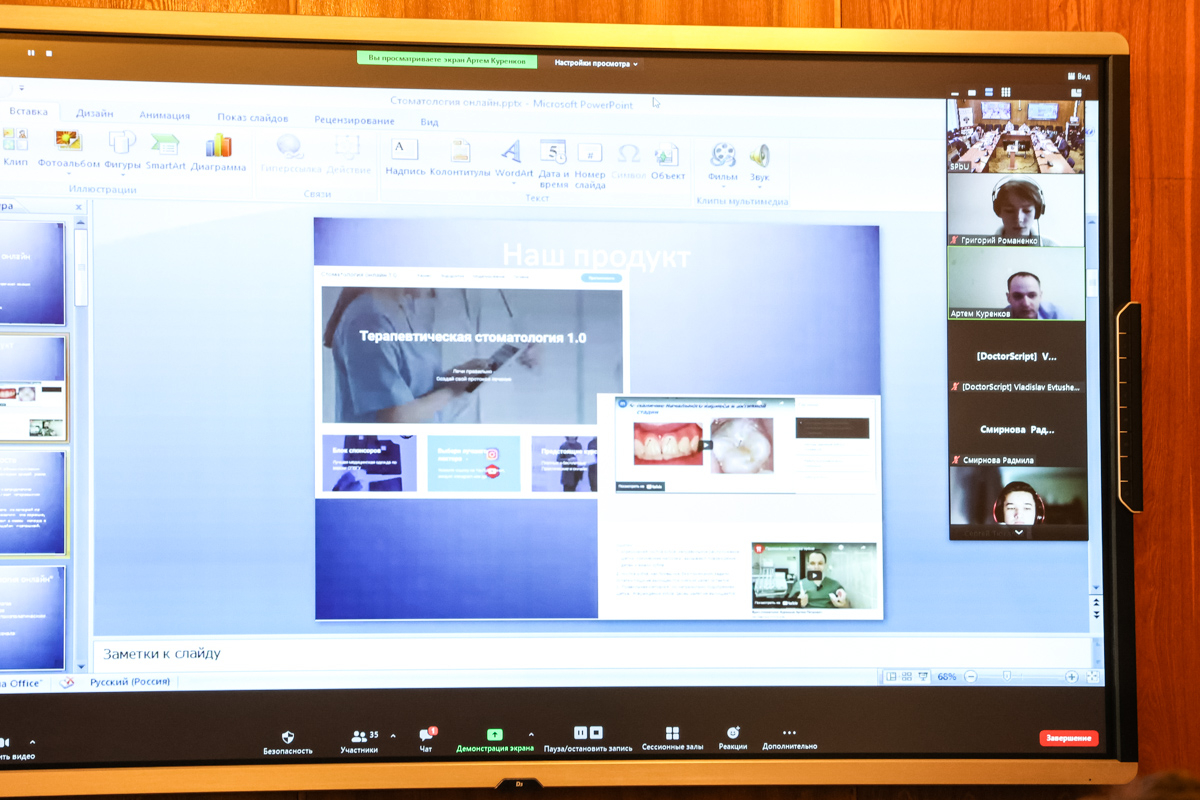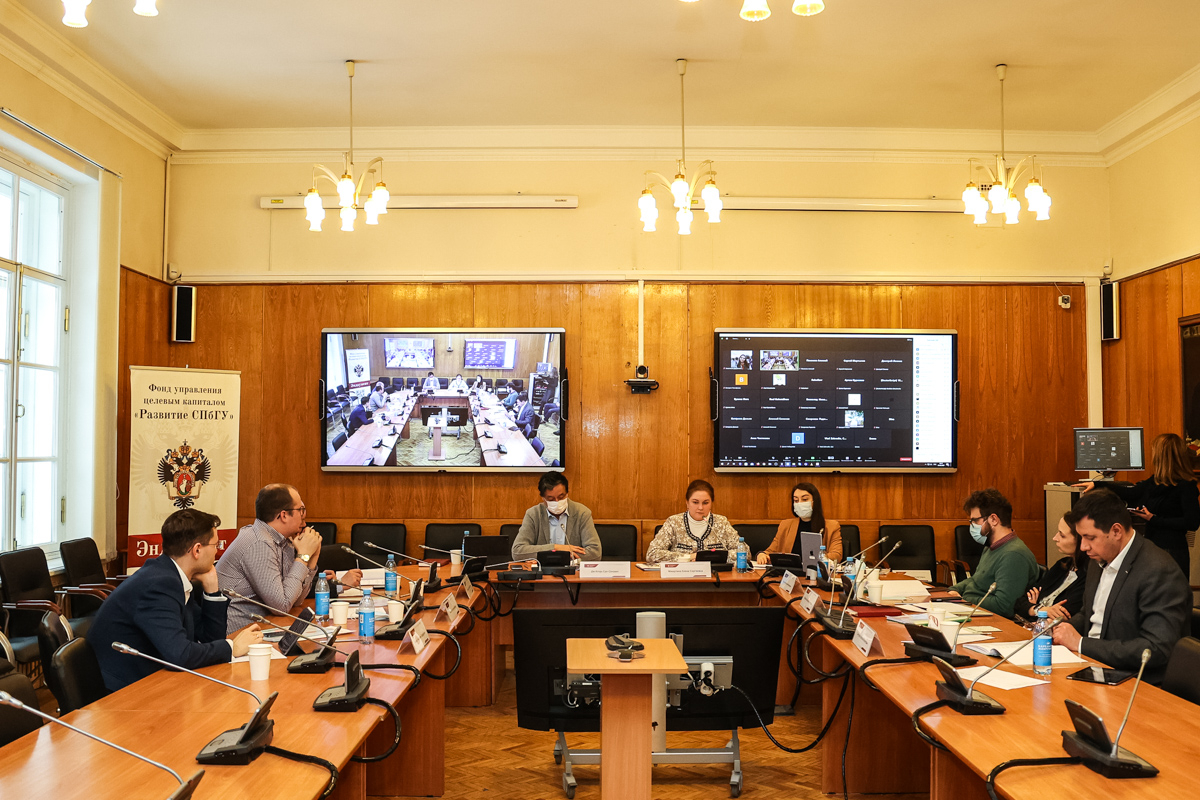Modular convertiplane and a pocket legal advisor: the finalists of the ’SPbU Start-up 2022′ contest announced
A voice recognition system for filing medical documentation, a lightweight drone based on a convertiplane, a bioprinter, a platform to facilitate searching for talented junior football players, a system for assessing metal corrosion rate — these and other projects have been presented by the semi-finalists of the SPbU Start-up 2022 contest for interdisciplinary projects.
Sixteen teams took part in the second round, but only eight of them were selected by the expert jury and will meet in the finals on 24 May to present their original and most promising projects.
NuMa (NuclearMatrix)
The NuMa team is creating a high precision low cost bioprinter for soft and hard tissue to meet today’s requirements. Its software, based on computer vision algorithms, will enable continuous monitoring of the working area, which can be divided into clean and dirty zones. The developers aspire to implement the option of printing multiple biomaterials simultaneously, with production speeds that are equal to or significantly faster than those available on the market.
Lingvera
People coming to a foreign country often struggle with a language barrier. The Lingvera app, developed by students of St Petersburg University, will help to solve this problem. The app will facilitate quick and easy translation and interpreting services for all occasions, be it business negotiations, casual meetings or excursions. The app will also help find specialists for translation and sign language interpreting. The developers want to make a user-friendly interface so that the consumer could book services within a few minutes, without filling in forms and long waits, as is common with existing translation agencies and their websites.
Another specific feature of the project, according to the Lingvera team members, will be the possibility of employing students of local universities as interpreters and translators. By integrating students as interpreters and tour guides, a foreign tourist can get a local feel during a tour, while future professionals will gain practical experience. No other Russian platform for interpreting and translation services currently has such an option.
I would like to congratulate everyone once again on participating in the contest, which as I said, will make you all winners. Business angels have expressed interest in almost every project and invited me to create a communication bridge between researchers and industrial partners.
Igor Diu, Member of the Expert Council of the SPbU Start-up 2022 contest, a partner in the Galaktika Group
’I wish everyone success in realising their plans. In my understanding, all the projects we have reviewed today have good potential,’ said Igor Diu, Member of the Expert Council of the SPbU Start-up 2022 contest, a partner in the Galaktika Group.
DoctorJura
The market for legal services has a problem. Ordinary citizens seem to be wary of receiving legal advice. One reason is that counselling is provided in a complicated legal language, while lawyers try to conduct as many counselling sessions as possible to maximise their profits. This leads to a delay in providing legal assistance.
The DoctorJura team has developed a digital assistant that provides easy-to-understand pre-legal advice on situations in various fields of law. The user will then be able to get additional advice from a lawyer if the issue remains unresolved or if some further actions (such as the preparation of procedural documents) are required. To receive preliminary advice and to get an understanding of what to do next, you just have to choose a field and answer some clarifying questions. The platform serving as a gateway for further legal assistance will be run by professional lawyers, whose qualifications shall be further verified by the developers of the project. In the future, as the database is expanded with new questions from users, the system will be able to offer automated solutions to problems.
DoctorScript
The appointment time with the doctor is limited. In 10-15 minutes, he/she has to listen to and examine the patient, diagnose, prescribe treatment and fill in the medical records. Completing these records is compulsory, and insurance companies will charge fines for errors. The speed of text input through the keyboard does not usually exceed 80 words per minute.
Students of St Petersburg University have come up with a proposal to create a device that will allow medical records to be filled out using the voice recognition system. It will analyse the dialogue between the doctor and the patient, automatically filling in the records as the data comes in. When the appointment is completed, the doctor will receive a draft of the records and will be able to edit them. Additionally, the system may include options for the collection of statistics and generate diagnosis suggestions by the computer. The project will be implemented in the form of a voice recording mobile application and a web application for the output of the results and their further processing.
trash to treasure
Every year, Russian households generate more than 70 million tonnes of waste, of which no more than 10-20% is sent for recycling. The total area of official landfills in the country extends to 40,000 square kilometres, which is comparable to the territory of Switzerland. At the same time, the majority of more than 2,000 processing plants are not working at full capacity as they run short of raw materials.
The Start-up student contest supported by the Endowment Fund of St Petersburg University has been held for the seventh time. This year, the first award will amount to 350,000 roubles, second — 250,000 roubles and third — 150,000 roubles. The research supervisors of the winning teams will receive a bonus of 100,000 roubles. Two small innovative enterprises developed from the start-up projects of the finalists in cooperation with the University will receive targeted grants from the Endowment Fund for the development of St Petersburg University in the amount of 1,000,000 roubles and 700,000 roubles respectively to commercialise their projects.
The ’trash to treasure’ team is working on a mobile aggregator app that makes it possible to submit an online request for sorted waste to be removed from your home (office, café, restaurant, free space, etc.). The service will link individuals willing to pursue a ’green’ lifestyle, as well as legal entities that share the principles of a green economy, with eco-taxis.
The students of St Petersburg University believe that separate waste collection will help solve the global environmental problem of waste disposal and recycling, and provide raw materials for the existing facilities. This, in turn, will help create new processing plants and improve the well-being of society.
Modular platform based on a convertiplane
Multicopters, capable of hovering in the air and landing in a small area, have become the most popular aircraft for operating in areas with difficult terrain. However, they are most effective in hover mode. Any horizontal flight is much more energy intensive than flying an aeroplane with the same payload. A compromise solution that combines the capabilities of a tricopter with the range of an aeroplane is a convertiplane with a horizontal tail rotor.
The convertiplane modular platform developed by the University team will be able to reach a cruising speed of 15 m/s in economy mode, while carrying a payload of five kilograms over a distance of 60 km. Special propellers will enable vertical take-off and landing. Specially designed aerodynamic systems will ensure the transportation of a five-kilogram payload. The aircraft will have a flexible autopilot with a wide range of built-in controls for general tasks. Gateways will connect modules in different parts of the fuselage. A five-litre cargo area and external suspension will enable the carriage of various payloads or equipment, while the open source code and complete documentation will make the design flexible, reliable and easy to operate and modify to suit customer needs.
RoboKorr
The RoboKorr team is developing a facility for stress corrosion testing. The climate chamber consists of several gauge-control units that ensure the conditions required to simulate the performance of a metal structure in a corrosive environment. The apparatus contains an electro-mechanical unit for performing a four-point bend test for a beam, simulating a tensile-compression process. The electronic control unit makes it possible to automate the configuration of test conditions and performance measurements.
The students have developed a software package that, together with the testing device, can accurately translate real operating conditions into a simulation experiment. A safety factor can then be calculated from the test results to design durable steel structures, thus avoiding the unnecessary material costs of purchasing metal.
Such contests very often present projects aimed at solving artificial intelligence and software issues, which you can actually do on your home laptop, while projects that pursue truly complex technological tasks remain rare.
Evgeniy Kiryanov, Member of the Expert Council of the SPbU Start-up 2022 contest, Head of Product Development at Gazprom Neft
’Although some of the projects presented today have not been elaborated deeply enough, it is therefore already encouraging that the students are not afraid to venture in this direction. We are actively studying the experience of European and American institutions and start-up studios, and it suggests that students ought to be encouraged to develop their entrepreneurial spirit. In my opinion, such projects prove that University students already have it’, said Evgeniy Kiryanov, Member of the Expert Council of the SPbU Start-up 2022 contest, Head of Product Development at Gazprom Neft.
U-stat
The current system to search for talented young football players is beset by a number of problems. Recruitment of junior players usually takes place through try-out training sessions. Sometimes, scouts from clubs in the Russian Premier League, Football National League (FNL) and FNL 2 spotlight players who have proven themselves in a game against the football academy. This method, however, cannot give a full picture regarding talented young players. There are also certain staffing issues at clubs with insufficiently developed scouting systems for searching out young players. This lack of talented young footballers forces clubs to spend money on purchasing adult players, but due to the financial difficulties of many clubs, the quality of these purchases leaves much to be desired.
The U-stat team project aims to improve the search, analysis and evaluation system for professional clubs to spot young players, and to collect statistics on juniors and junior leagues to make it more accessible to viewers. The project may also provide a social lift for talented players: an agency department will offer its services and help players join a club that will help them gain the invaluable experience of playing professionally and fulfil their potential.


